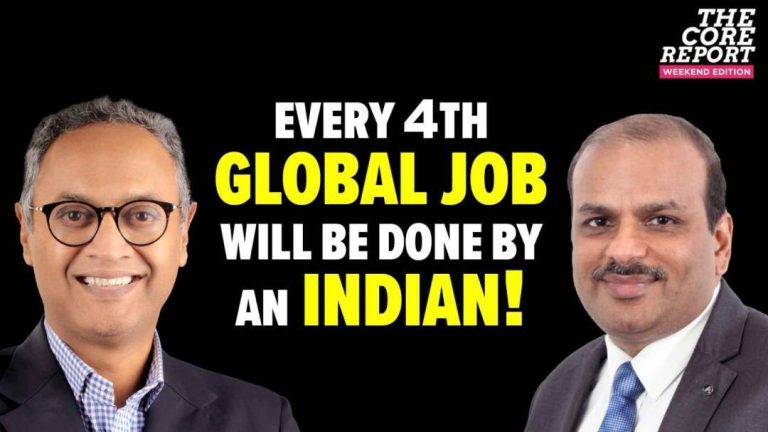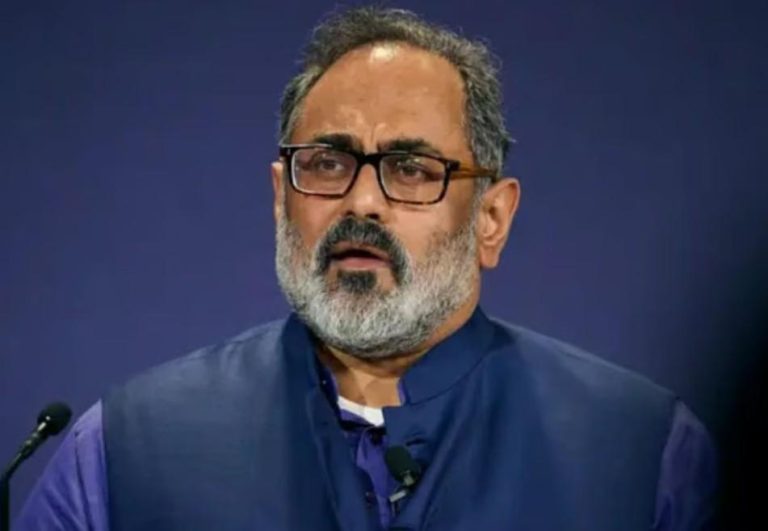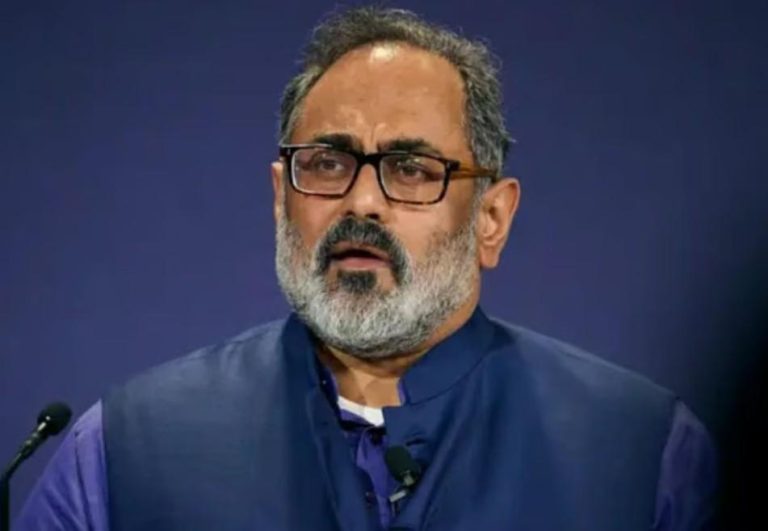
US Headed to Dystopian Future: Bikhchandani on Musk Working in US Govt
The United States, the land of the free and the home of the brave, is on a path towards a dystopian future. This dire prediction comes from none other than Sanjeev Bikhchandani, the co-founder of Info Edge, a leading Indian internet company. In a recent interview, Bikhchandani compared the current situation in the US to India’s colonial history, stating that the influence of Elon Musk over the US administration is a matter of great concern.
For those who may not be aware, Bikhchandani’s comments were made in response to the growing influence of Elon Musk, the CEO of SpaceX and Tesla, on the US government. Musk, who is known for his innovative ideas and entrepreneurial spirit, has been at the forefront of several high-profile projects, including the development of electric cars and reusable rockets. However, his influence on the US government has raised eyebrows, with many questioning the extent to which he is able to shape policy decisions.
Bikhchandani’s comparison between the current situation in the US and India’s colonial history is quite striking. He pointed out that almost three hundred years ago, India experienced the negative impact of a private company taking over a country. This, he argued, is now happening in the US, with Musk’s influence over the administration threatening the very fabric of democracy.
It’s worth noting that Bikhchandani is not the first person to raise concerns about the growing influence of technology companies on government policy. There have been several high-profile cases in recent years where companies like Google, Facebook, and Amazon have been accused of using their wealth and influence to shape policy decisions.
One of the most notable examples is the case of Google and its influence on the US government’s antitrust policies. In 2019, it was reported that Google had used its influence to shape the antitrust policies of the US government, with the company’s CEO, Sundar Pichai, meeting with top government officials to discuss the issue.
Similarly, Facebook has been accused of using its influence to shape policy decisions on issues like data privacy and election interference. In 2020, it was reported that Facebook had used its influence to shape the policy decisions of the US government on issues like data privacy, with the company’s CEO, Mark Zuckerberg, meeting with top government officials to discuss the issue.
Amazon is another company that has been accused of using its influence to shape policy decisions. In 2020, it was reported that Amazon had used its influence to shape the policy decisions of the US government on issues like tax policy and trade, with the company’s CEO, Jeff Bezos, meeting with top government officials to discuss the issue.
In light of these examples, it’s clear that the influence of technology companies on government policy is a matter of great concern. Bikhchandani’s comparison between the current situation in the US and India’s colonial history is a powerful reminder of the dangers of unchecked corporate power.
So, what can be done to address this issue? One possible solution is to increase transparency and accountability in the process of shaping policy decisions. This could involve requiring companies to disclose their meetings with government officials and to provide more information about their influence on policy decisions.
Another possible solution is to increase regulation of the technology industry. This could involve implementing stricter regulations on issues like data privacy and antitrust, as well as providing more funding for research and development in areas like artificial intelligence and cybersecurity.
Finally, it’s important to recognize that the influence of technology companies on government policy is not a new phenomenon. It’s been a concern for many years, and it’s only by working together to address this issue that we can ensure a more democratic and equitable future for all.
In conclusion, the influence of Elon Musk on the US government is a matter of great concern. Bikhchandani’s comparison between the current situation in the US and India’s colonial history is a powerful reminder of the dangers of unchecked corporate power. It’s time for us to take action to address this issue and ensure a more democratic and equitable future for all.






